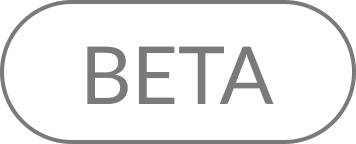Purpose and Structure of Governance in the Family Enterprise
This section does not have any lessons.
Board of Directors: Role, Composition, and Value Creation
This section does not have any lessons.
Committees and ad hoc Initiatives: Objectives, Leadership and Participation
This section does not have any lessons.
Effective Board Practices and Meeting Disciplines
This section does not have any lessons.
Setting the Agenda: Addressing Strategy, Leadership, Culture and Succession
This section does not have any lessons.
Family Governance and Communication
This section does not have any lessons.
Assessing and Improving the Performance of the Board, Chair and Individual Directors
This section does not have any lessons.

